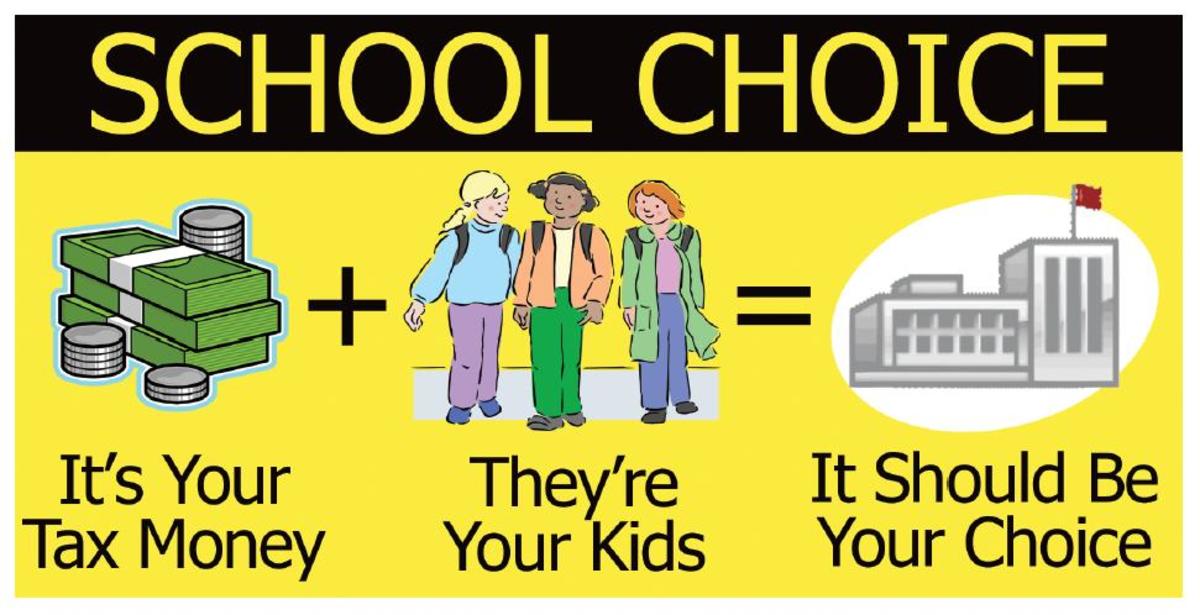'Teachers Need To Be Flexible': Lecce, PLEASE!
Teachers - And Teachers' Unions - Apparently Aren't Flexible

How's This For Flexible?
So, Stephen Lecce, Ontario's current minister of education, has said many times that teachers and teachers' unions need to be more flexible in looking at the current back to school plan, which many parents and educators have said is less than ideal. Premier Doug Ford has also more or less said that same thing. Perhaps one needs to re-examine what's happened since March.
On Thursday, March 12, 2020, at around 4 pm or so, teachers throughout the province of Ontario found out that schools at all levels were going to be shuttered for what was then to be two weeks following our March break, which was then starting after school the following day. In my school district, we had no clue if we should plan for students to be doing things in the days following March break just so they were doing something, even if it was virtual, and so they wouldn't fall behind, or if we were just to pick up again starting April 6. Some teachers didn't have a Google Classroom, others didn't have a D2L/Brightspace platform, and there were many students who also had significant access issues when it came to technology.
As we all know by now, by the time April 6 came around, teachers were more or less expected at all levels to be ready to rock and roll online, and this, of course, had a range of challenges with it. One of the biggest challenges was trying to organize our classes to keep going online, and this meant that teachers were now calling home to determine what sort of technological access students had in order to see who could actually work online and who couldn't. We suddenly had to become experts at going virtual, carving out an office of sorts in our own homes to teach hopefully undisturbed while also trying to keep our own children, if we have them, calm and going on their own educational pursuits in the midst of the first global pandemic we've seen in years.
We had to manage classroom meetings through Google Meet and praying that our own children wouldn't choose that moment to have a meltdown because their computer or tablet stopped working or, even better, start a knock down, drag out fight with each other out of sheer boredom. We had to be prepared for the fact that some kids just couldn't handle the self-directed nature of elearning, and we had to be prepared for our littles to be so frustrated with being virtual and missing their friends that they just could not focus on their schoolwork.
We had to keep our own classes going, not knowing for sure if marks could drop below the threshold students had established for themselves a mere six weeks into the semester, or if students could actually find their credits at risk at the secondary level. We had to go from an in person rapport with our students to suddenly trying to rebuild that relationship in a whole different way, and let me tell you, that takes a lot of work. We had to get used to students suddenly being really hard to reach, as their schedules suddenly became less than predictable and at the secondary level, almost became reversed as they'd be up all night and sleep most of the day, unless they were working.
Now, we're approaching the new school year with only the barest of inklings, really, about how things are going to proceed. Each school board has got a slightly different schedule, and each school also has a slightly different schedule. TDSB came up with a solution that seemed elegant and was cost-effective, and the government said it was too generous to teachers.
Yet, we're expected to show up on our two or three professional development days prior to the first day of school on September 8, with a clear plan for teaching our students. We don't even know how classes will be cohorted, if we work in a board that has that (I don't), because the government is dragging its heels and turning down even reasonable plans to keep students safe. However, it's somehow the teachers' unions' fault for being inflexible.
We deal with students on a daily basis. We have had to come up with several different ways to accommodate kids and their various learning needs in ways that may not necessarily work for our teaching styles or for online learning, and yet, we've done it. We have to work with sudden assemblies or events (although obviously not now) and adapt our class schedules regularly to accommodate. We deal with snow days. Sick students. Special events. Weird things that happen at lunch. Coaching schedules. Clubs.
For the government to blame, yet again, teachers' unions - of whom educators are a part - for a lack of flexibility is just bashing people for the sake of bashing.
If the government really wants a solution, it needs to quit talking smack about the people it claims needs to be more flexible. As educators, we have demonstrated more than a little bit of flexibility over the last years of our careers.
Can the government say the same?








